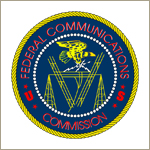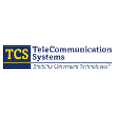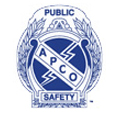FCC E911 Regulations
 The Federal Communications Commission (FCC) has established a set of rules and regulations that require interconnected VoIP service providers to deliver E911 services to their subscribers. Interconnected VoIP service providers connect the IP realm and the Public Switched Telephone Network (PSTN), allowing subscribers to benefit from increased efficiency by routing calls over the internet.
The Federal Communications Commission (FCC) has established a set of rules and regulations that require interconnected VoIP service providers to deliver E911 services to their subscribers. Interconnected VoIP service providers connect the IP realm and the Public Switched Telephone Network (PSTN), allowing subscribers to benefit from increased efficiency by routing calls over the internet.
The regulations established by the FCC are mandatory for all interconnected VoIP service providers, and are designed to protect the safety of VoIP users who expect that when they dial 911, emergency responders know exactly where they are and will quickly arrive on-scene. Specifically, the FCC requires VoIP service providers to:
- Deliver all 911 calls to the local Public Safety Answering Point (PSAP), along with the subscriber’s call back number and location information (where the PSAP is capable of receiving it)
- Offer subscribers a simple and easy way to update their registered physical location, should it change
- Inform subscribers of the capabilities and limitations of the E911 service they provide
To view the FCC Rules and Regulations for VoIP 911, click here (http://www.fcc.gov/cgb/voip911order.pdf).







